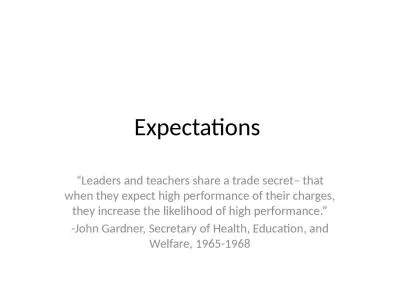PDF-Contending with competing expectations from customers and management
Author : min-jolicoeur | Published Date : 2017-03-23
ExecutiveSummaryCustomercontactworkersroutinelyfacecompetingexpectationsfrommanagementandcustomersWhilemanagementexpectscustomercontactworkerstofollowtheirrulesinordertoprovideefficientandconsisten
Presentation Embed Code
Download Presentation
Download Presentation The PPT/PDF document "Contending with competing expectations f..." is the property of its rightful owner. Permission is granted to download and print the materials on this website for personal, non-commercial use only, and to display it on your personal computer provided you do not modify the materials and that you retain all copyright notices contained in the materials. By downloading content from our website, you accept the terms of this agreement.
Contending with competing expectations from customers and management: Transcript
Download Rules Of Document
"Contending with competing expectations from customers and management"The content belongs to its owner. You may download and print it for personal use, without modification, and keep all copyright notices. By downloading, you agree to these terms.
Related Documents







![Contending loyalties Nationalist [vs] Non-Nationalist Loyalties](https://thumbs.docslides.com/705392/contending-loyalties-nationalist-vs-non-nationalist-loyalties.jpg)






